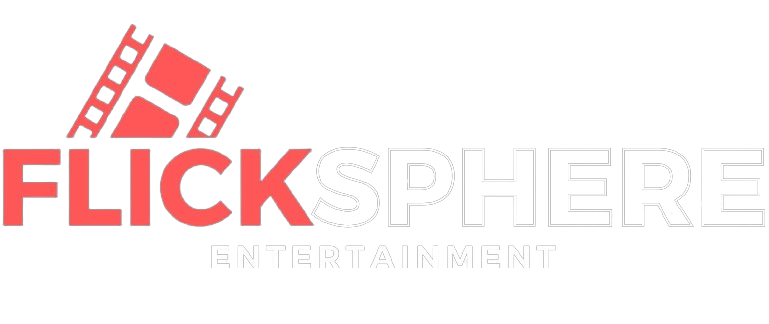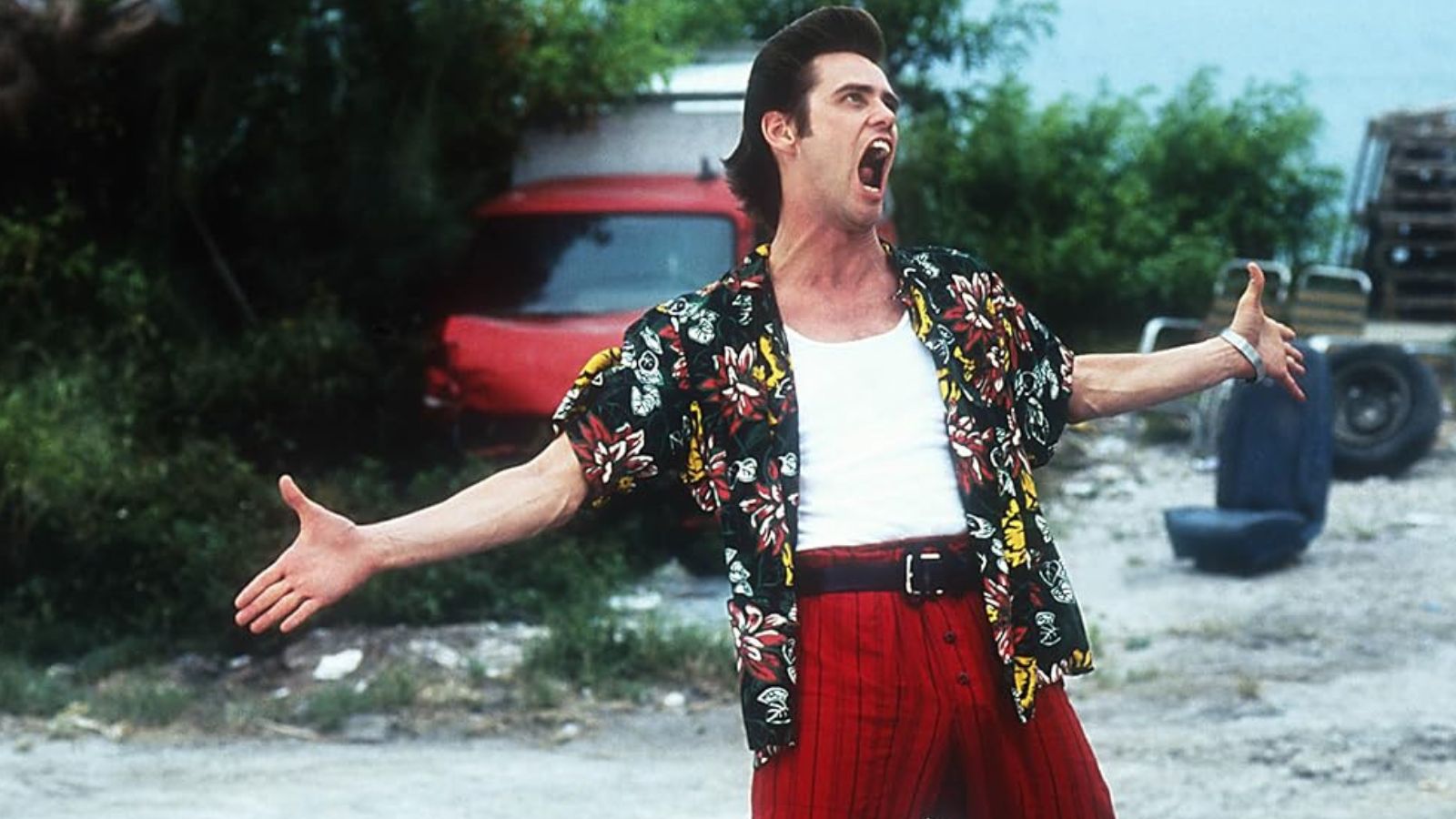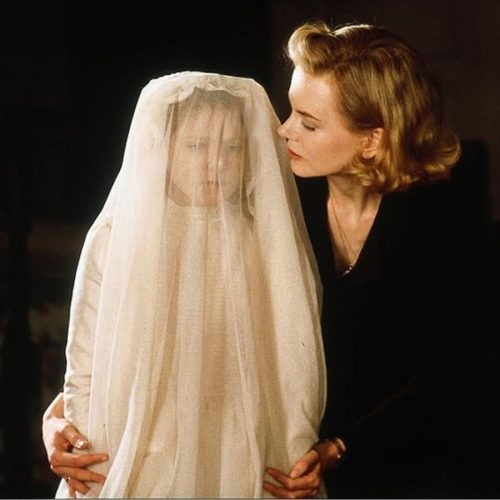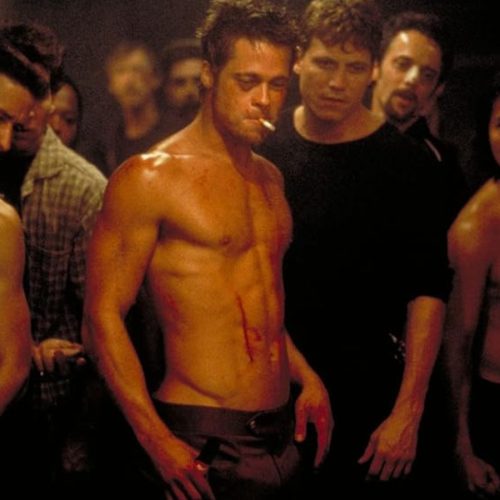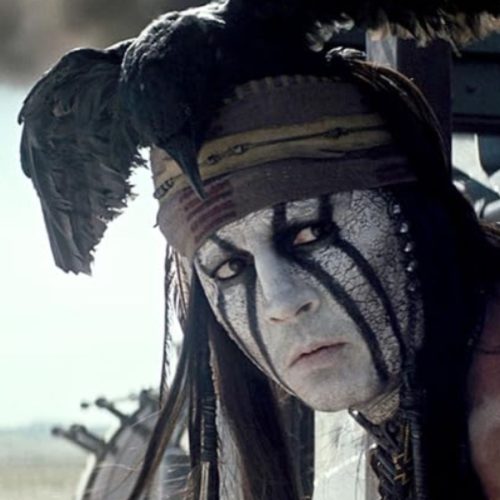As time capsules for bygone eras, movies reflect society’s changing tastes, opinions, and trends. While they often depict positive cultural aspects of their time, this isn’t always the case, and films that were considered acceptable decades ago might not be made today due to their offensive content. Here are 19 examples of such movies and why they wouldn’t pass modern standards.
Blazing Saddles
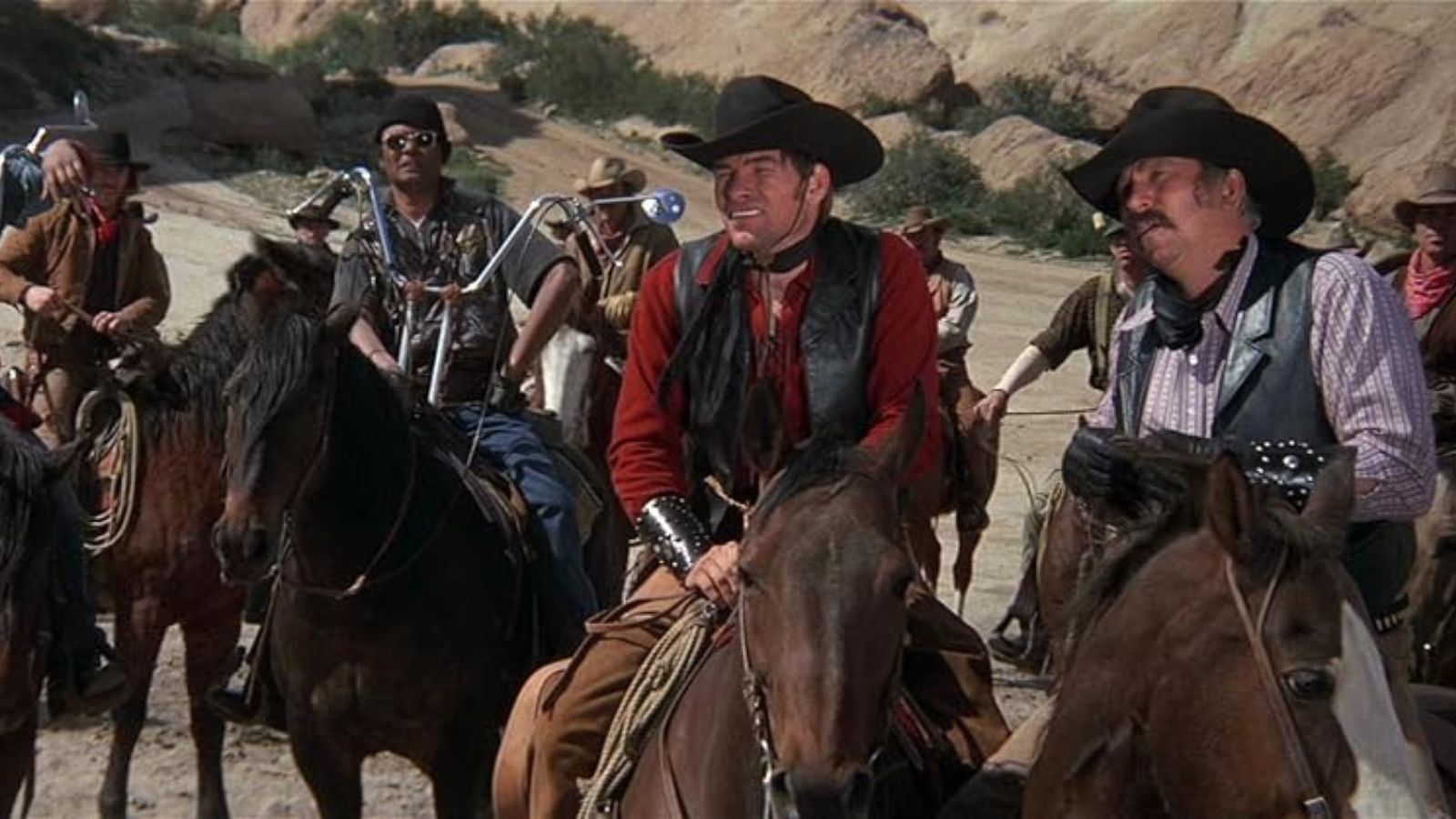
Satirical takes on racism can be challenging to navigate, and few films succeed without causing offense. Although groundbreaking in its time for mocking the absurdity of racial prejudices, Blazing Saddles employs language and scenarios that would likely be deemed too offensive today. Modern audiences might find its explicit racial humor too jarring despite its anti-racist message.
Song of the South
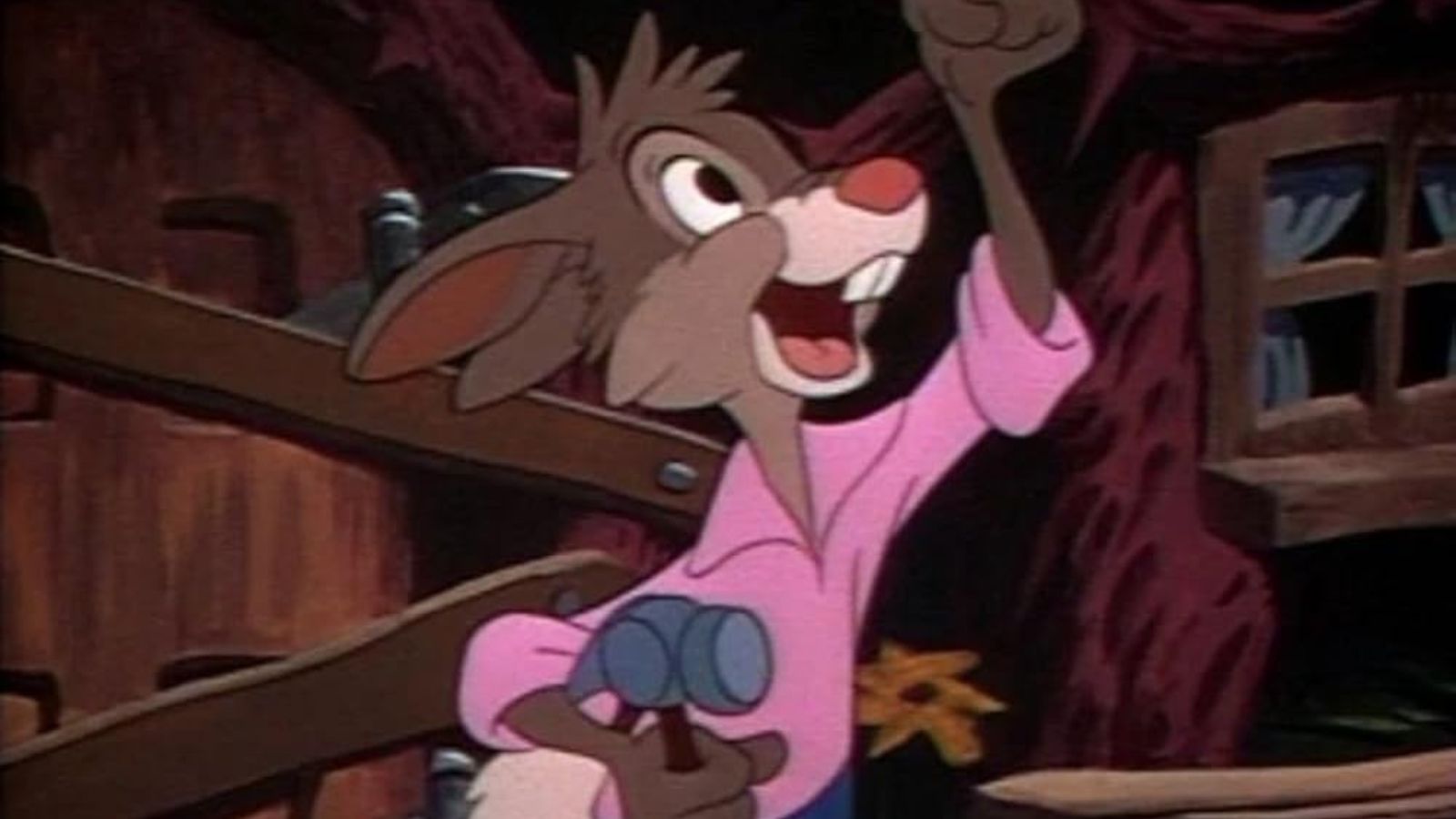
Depicting a romanticized version of a post-Civil War landscape, Song of the South has faced criticism for its portrayal of race relations and stereotypes. Modern viewers are more attuned to the harmful impacts of such representations, making this Disney film a relic of the past rather than a modern favorite.
Soul Man
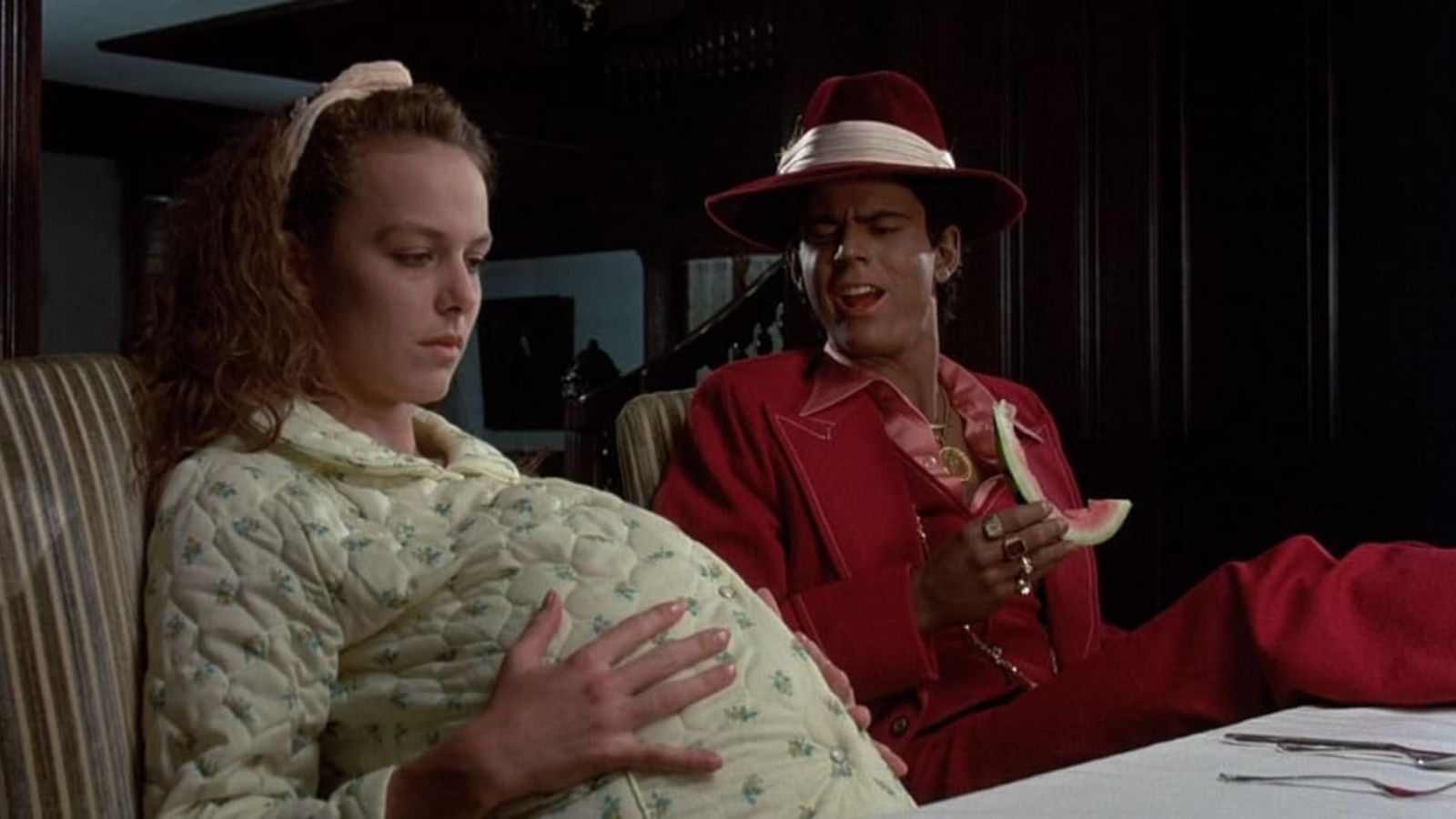
The premise of Soul Man revolves around a white college student pretending to be Black to receive a scholarship. It’s easy to see how this storyline trivializes and exploits racial identity and the struggles faced by Black Americans, which would be considered highly insensitive and inappropriate by contemporary standards.
Sixteen Candles
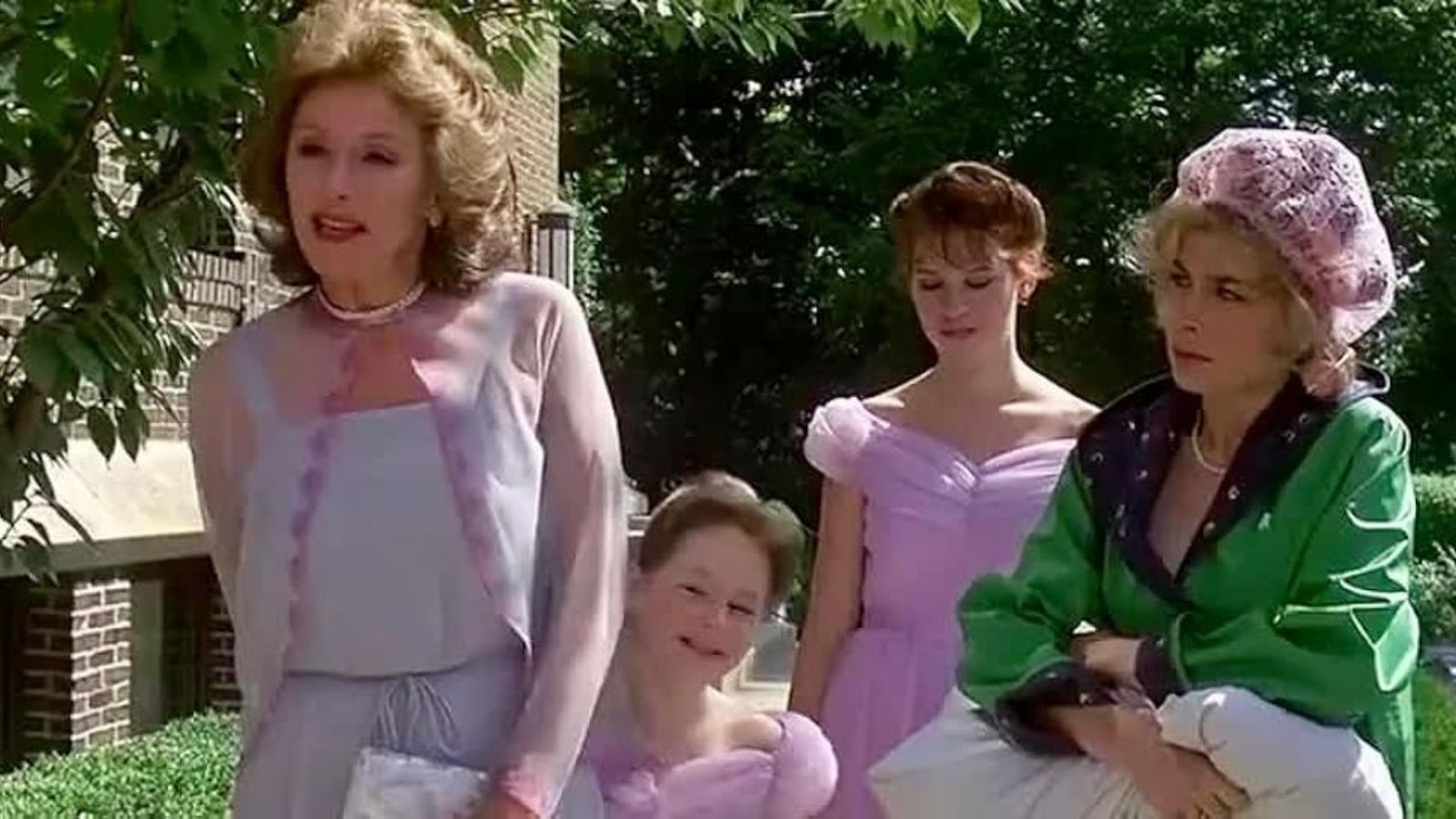
John Hughes’ beloved teen comedy Sixteen Candles includes problematic portrayals of Asian characters and issues of consent that make it unsuitable for today’s viewers. The casual racism and insensitivity towards serious subjects like sexual assault have not aged well, leading to calls for more thoughtful representation in modern films.
Police Academy
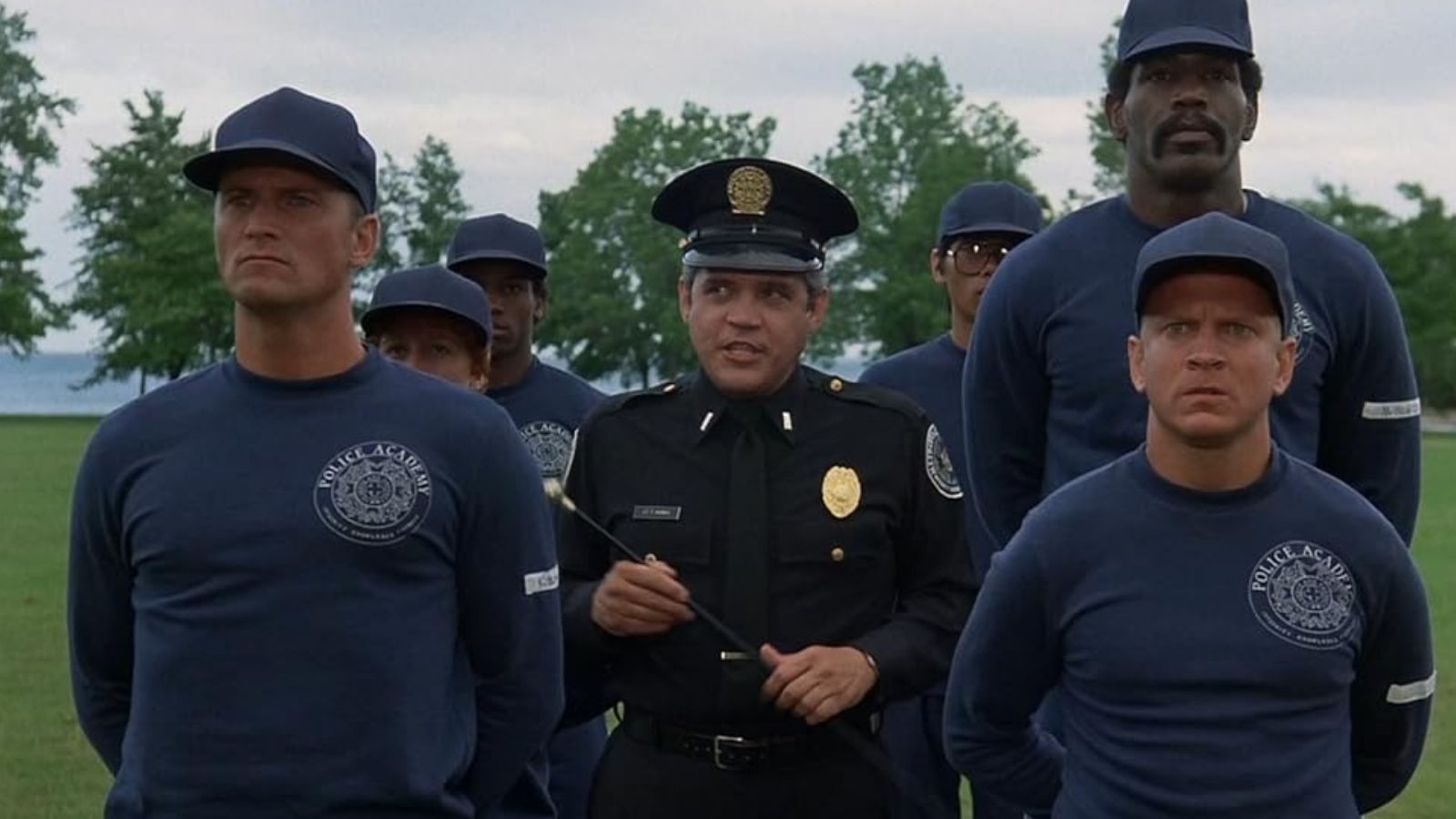
Though filled with slapstick humor, Police Academy receives few laughs for jokes that are offensive by today’s standards. Utilizing harmful stereotypes, portraying various minority groups, and having a general tone of humor that borders on offensive would likely not be greenlit in a modern context where diversity and sensitivity are more valued.
Ace Ventura: Pet Detective
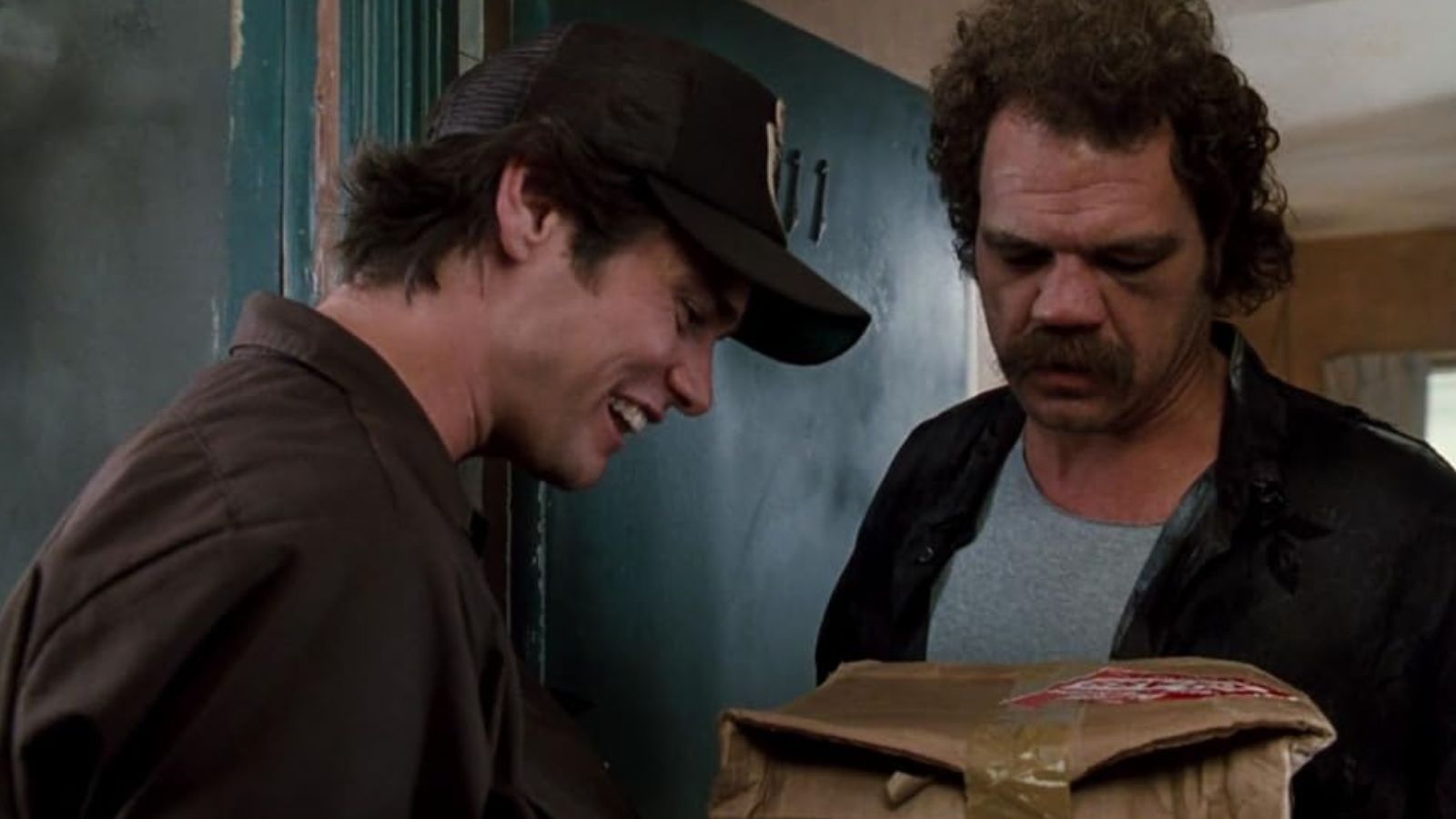
Jim Carrey’s breakout role in Ace Ventura: Pet Detective hinges on a transphobic joke that would not fly today. Famously, the plot twist that involves a character’s transgender identity being used as a punchline is now recognized as harmful and disrespectful, highlighting how much cultural attitudes towards LGBTQ+ representation have shifted.
Borat: Cultural Learnings of America for Make Benefit Glorious Nation of Kazakhstan
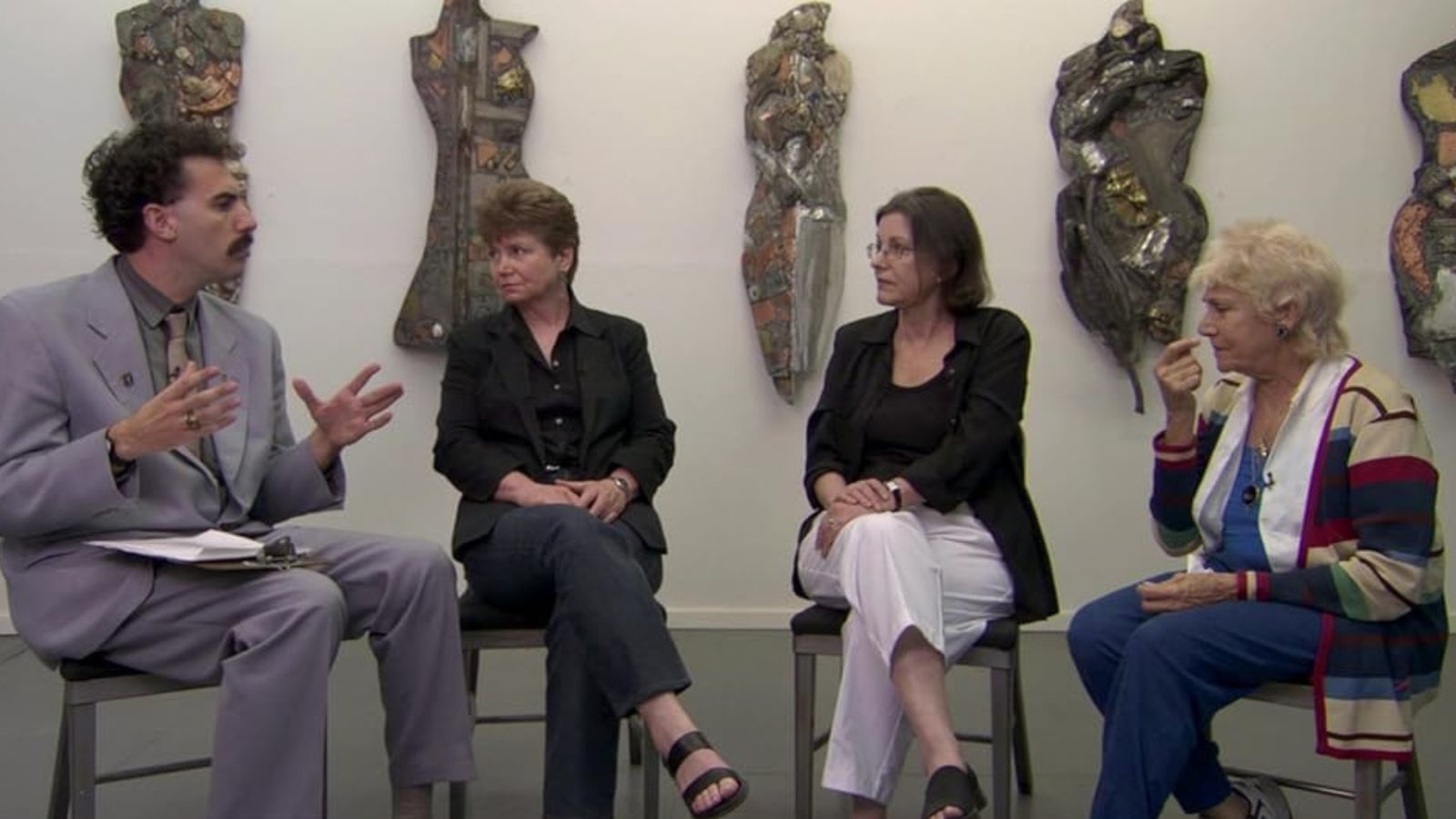
While some celebrated Borat’s satirical approach to exposing American prejudices, its controversial humor targeting various ethnic and social groups is seen as too provocative for today’s standards. The shock value of its comedy often crossed lines that modern audiences might find problematic rather than enlightening.
American Beauty
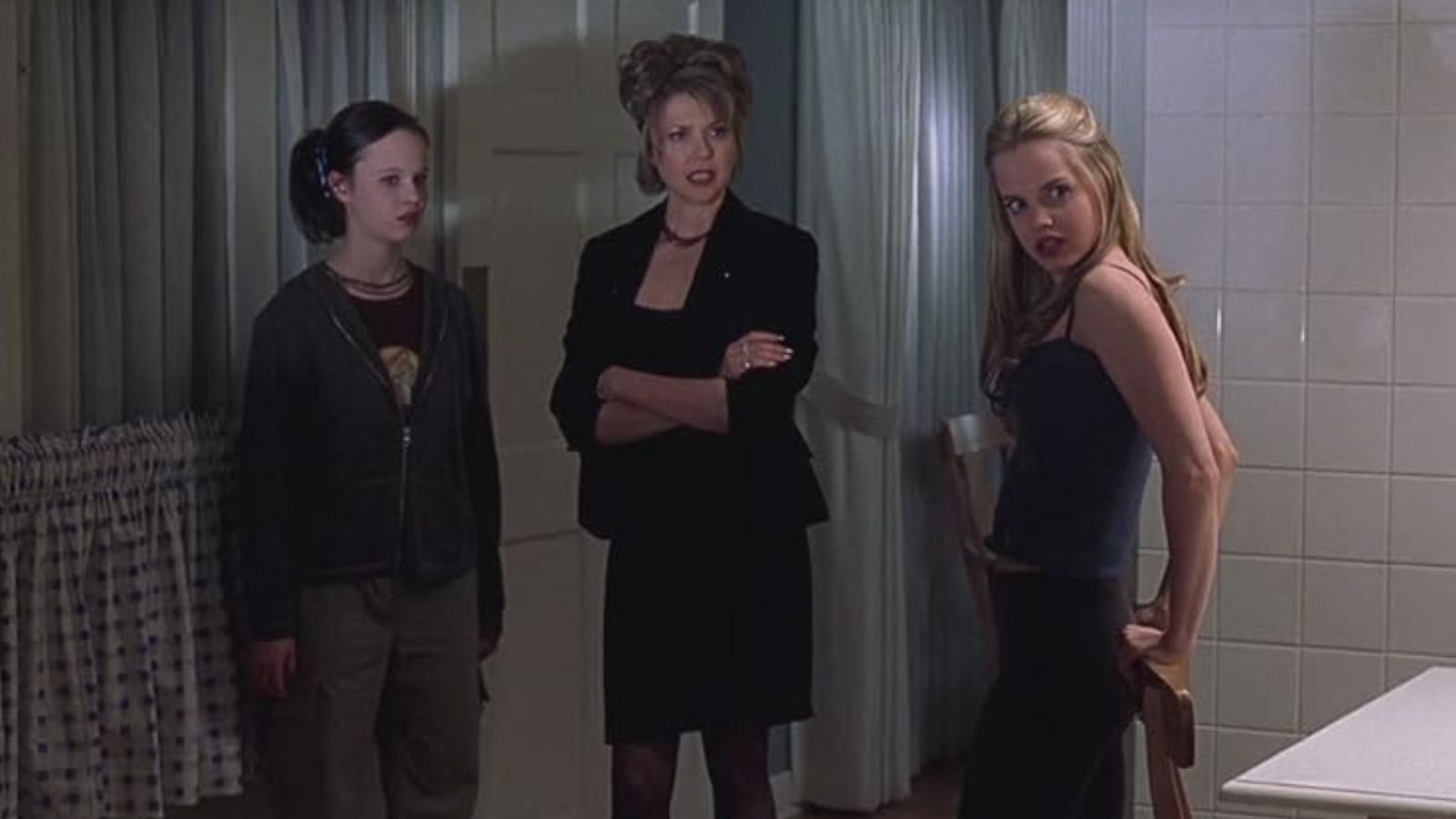
American Beauty may explore complex themes, but viewers can’t escape the problematic romantic storyline between an older man and a teenage girl. Shifting perspectives on power dynamics and consent would make such narratives less acceptable today, with audiences demanding more responsible storytelling around sensitive subjects.
Pretty Woman
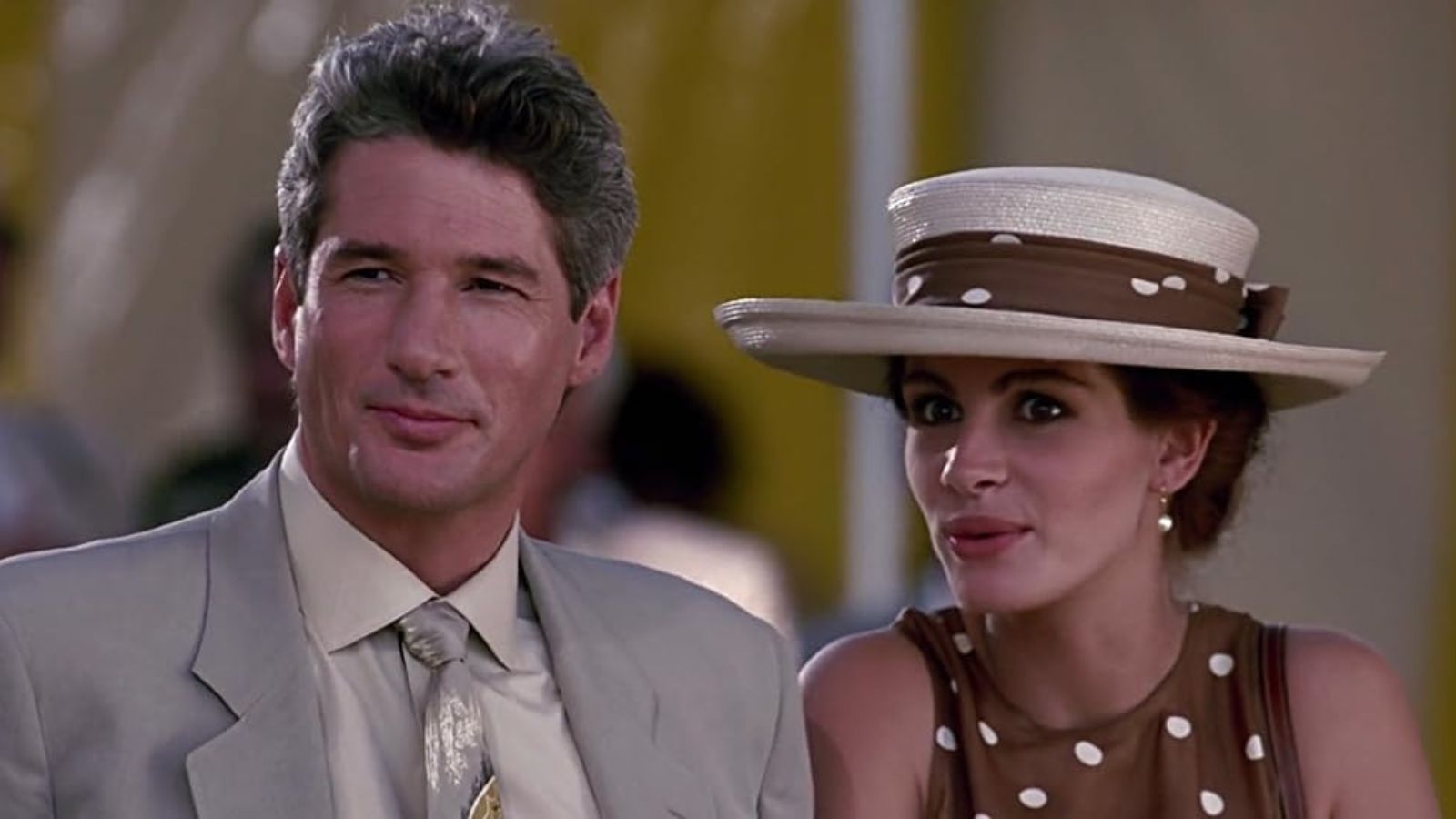
While Pretty Woman is often hailed as a romantic comedy classic, its portrayal of sex work and the romanticization of a transactional relationship would be problematic by today’s standards. Contemporary audiences are more critical of narratives that glamorize potentially exploitative relationships without addressing underlying issues.
The Toy
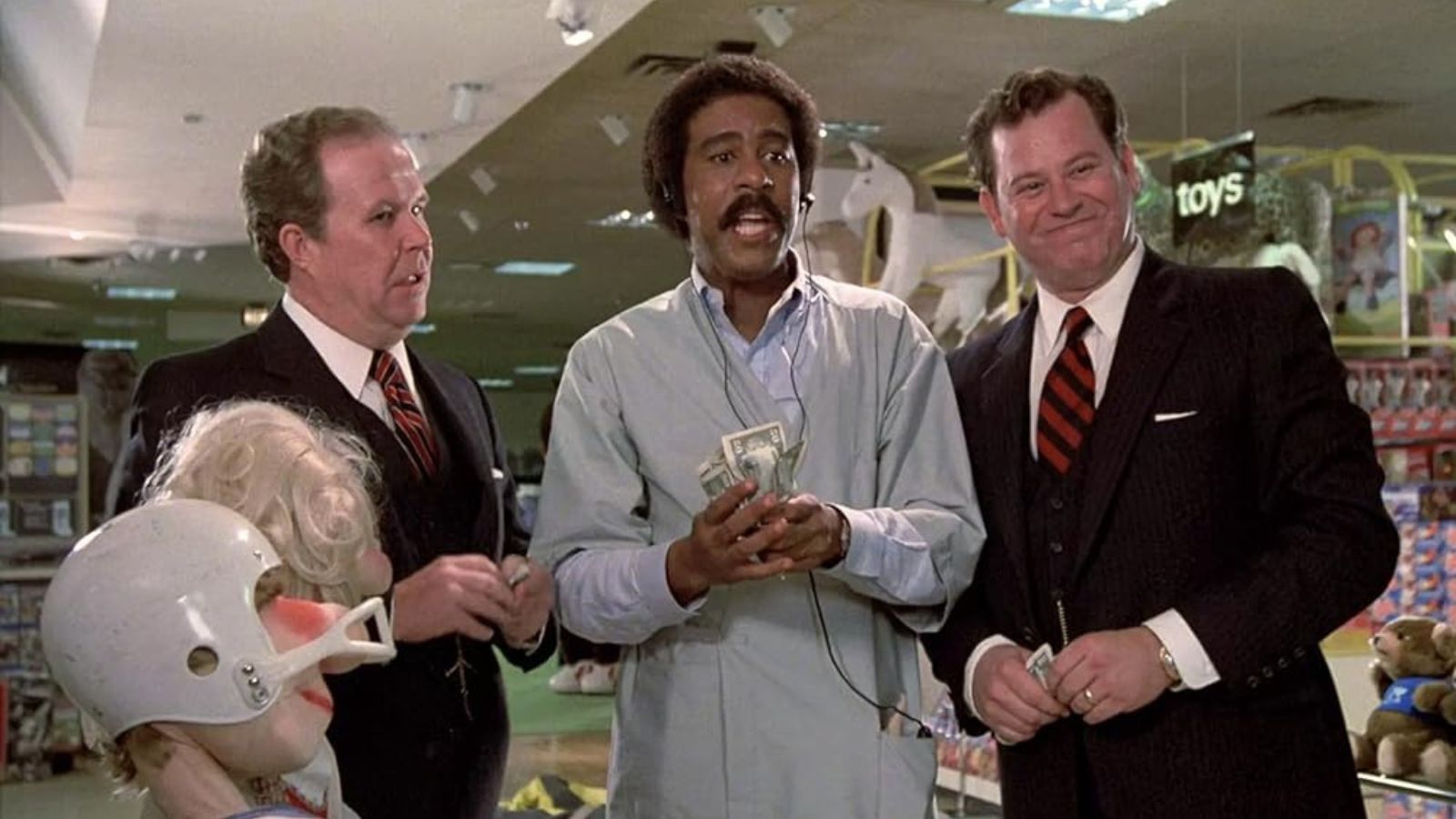
A movie where a Black man is purchased as a toy for a white child raises numerous red flags in today’s context. Despite attempts at heart-warming moments, the underlying premise of The Toy is deeply problematic and would be considered offensive and unacceptable now.
Life of Brian
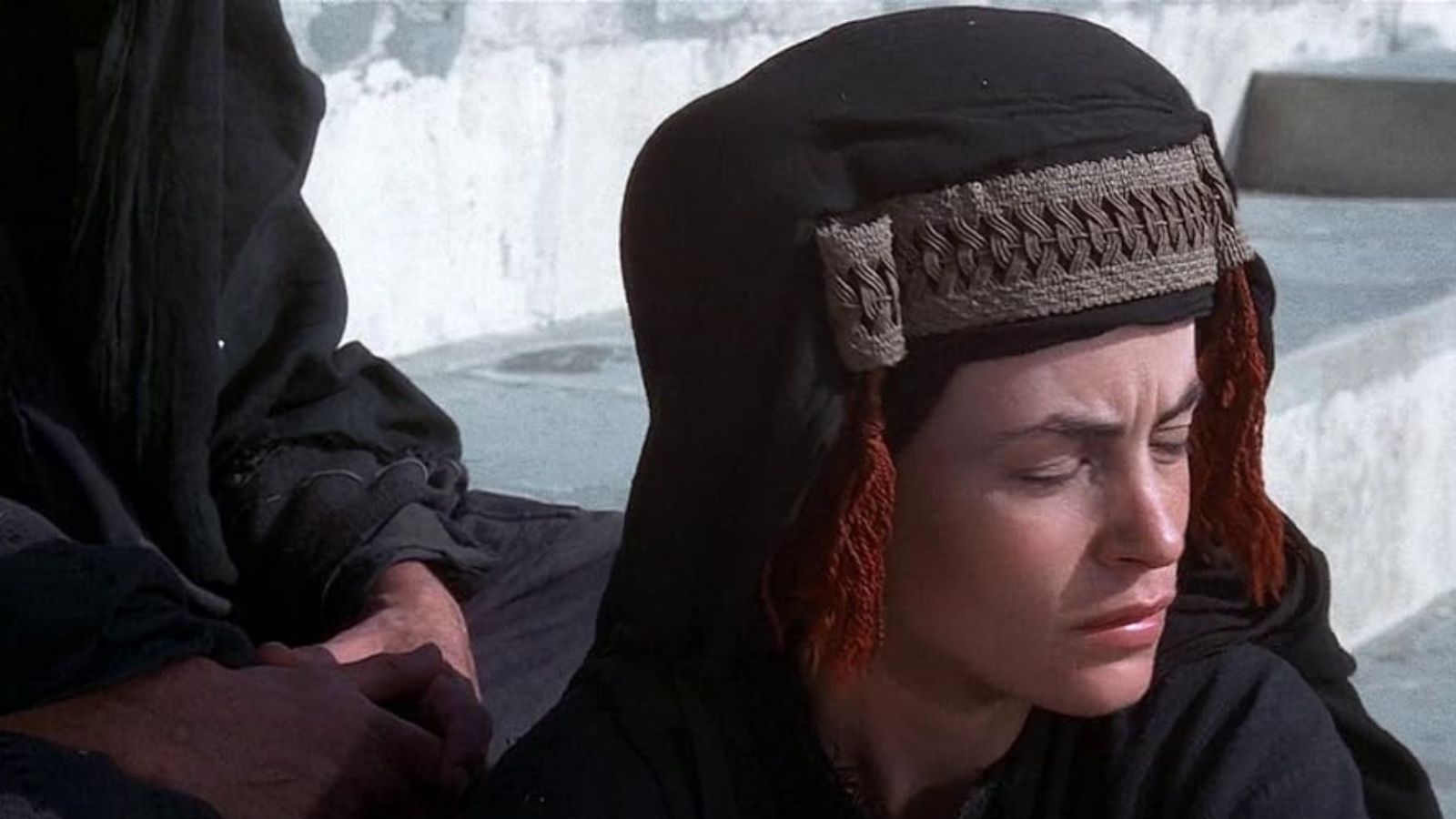
Due to its sacrilegious content, Monty Python’s Life of Brian faced protests and bans. Today’s audiences might still find its irreverent take on religion controversial. However, the film’s broader social and political satire continues to spark debate about the limits of comedic expression.
Rain Man
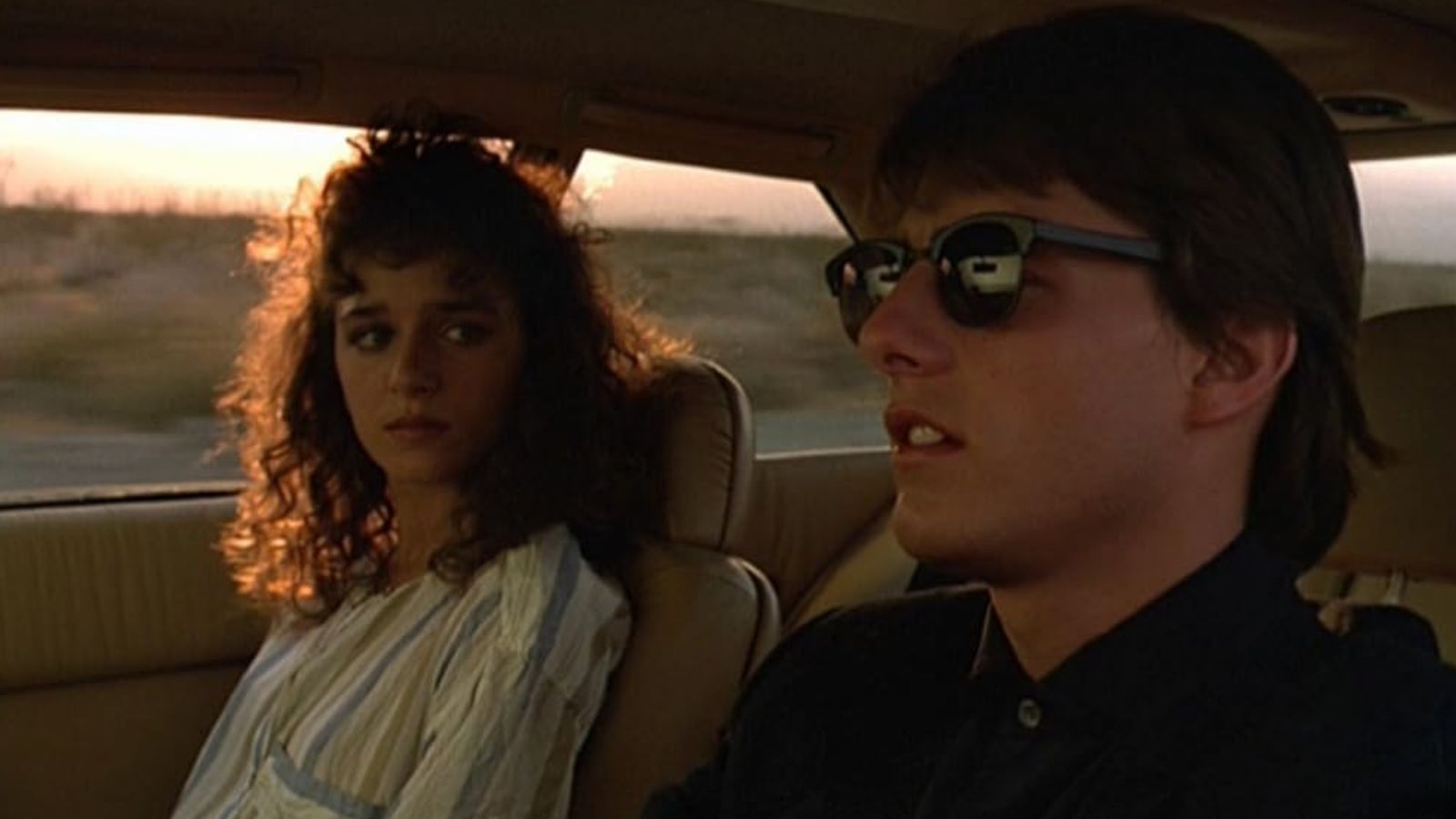
It may have brought much-needed attention to autism as a condition, but Rain Man reinforced negative stereotypes through its portrayal of an autistic savant. As understanding of neurodiversity has evolved, the film’s depiction of autism might be seen as reductive, pushing for more accurate and diverse representations of neurological conditions in media.
Dressed to Kill
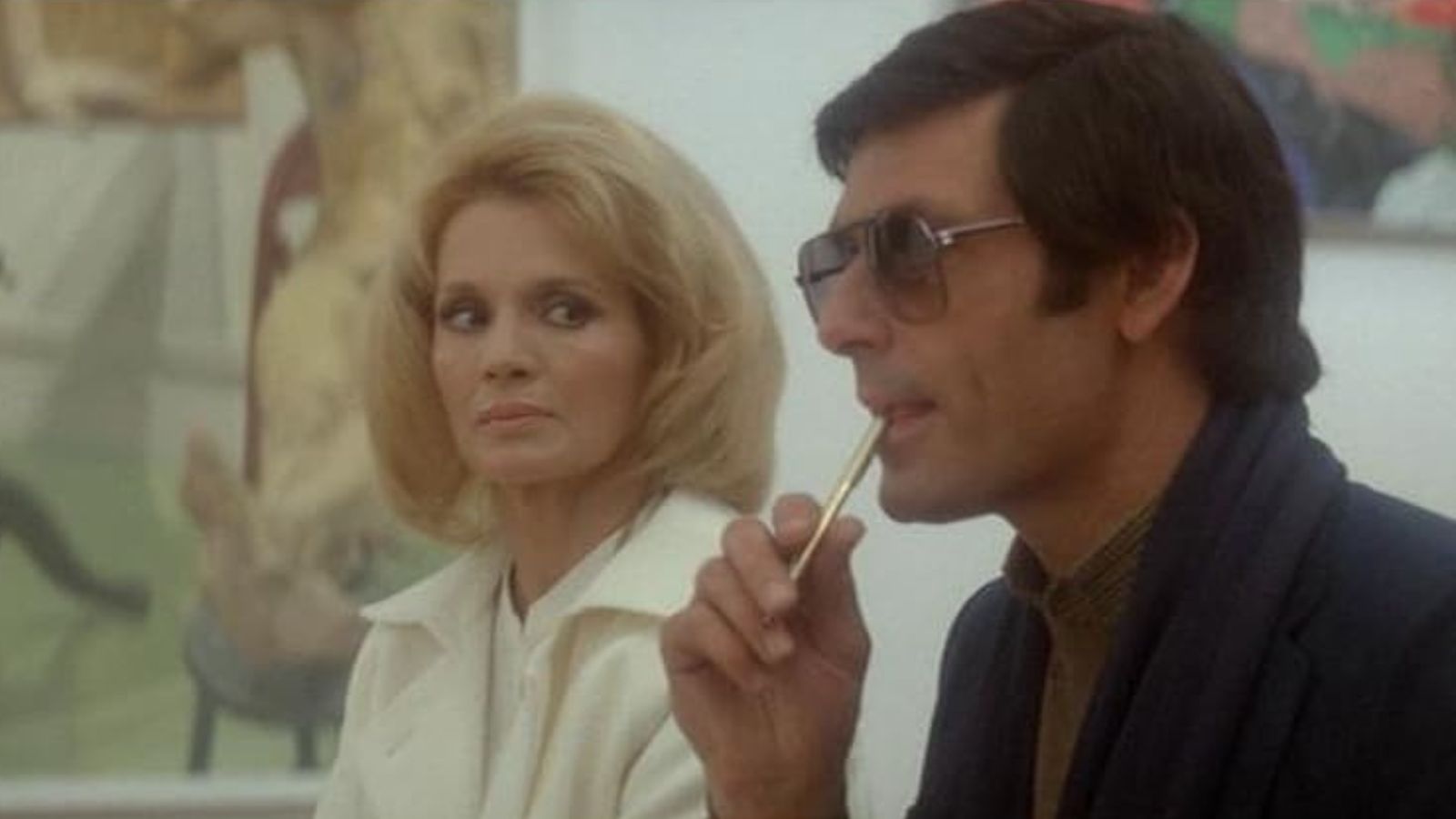
Brian De Palma’s thriller Dressed to Kill includes problematic depictions of transgender identity linked to violence. Thankfully, modern films strive for more respectful and accurate representations of the transgender community, moving away from harmful tropes that link gender identity with negative behavior.
A Clockwork Orange
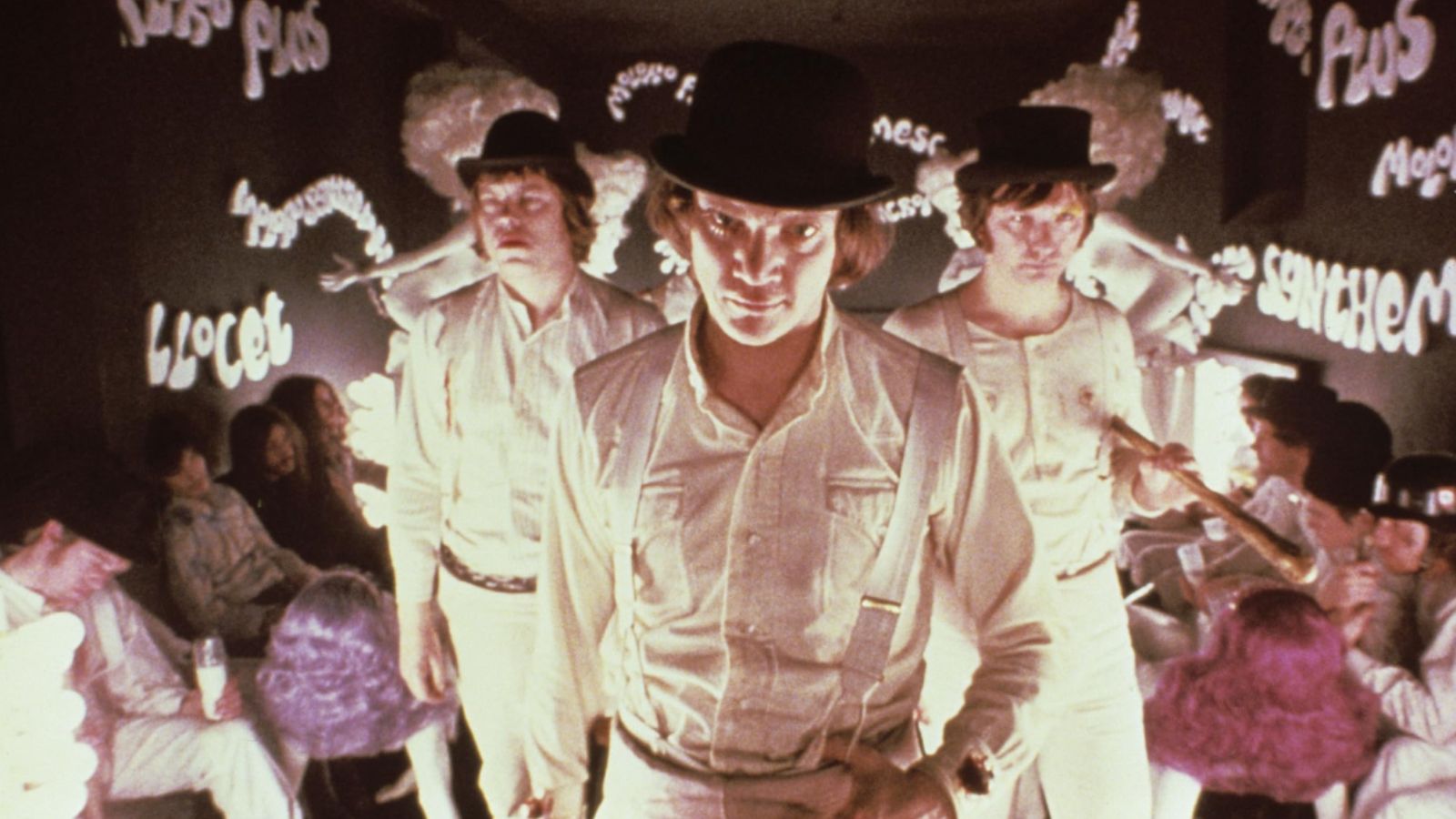
With its notorious scenes of graphic violence and disturbing themes, Stanley Kubrick’s A Clockwork Orange challenges viewers with its moral ambiguity. While still considered a cinematic masterpiece, its explicit content and portrayal of ultraviolence would likely face stricter scrutiny and potential censorship today.
Pretty Maids All in a Row
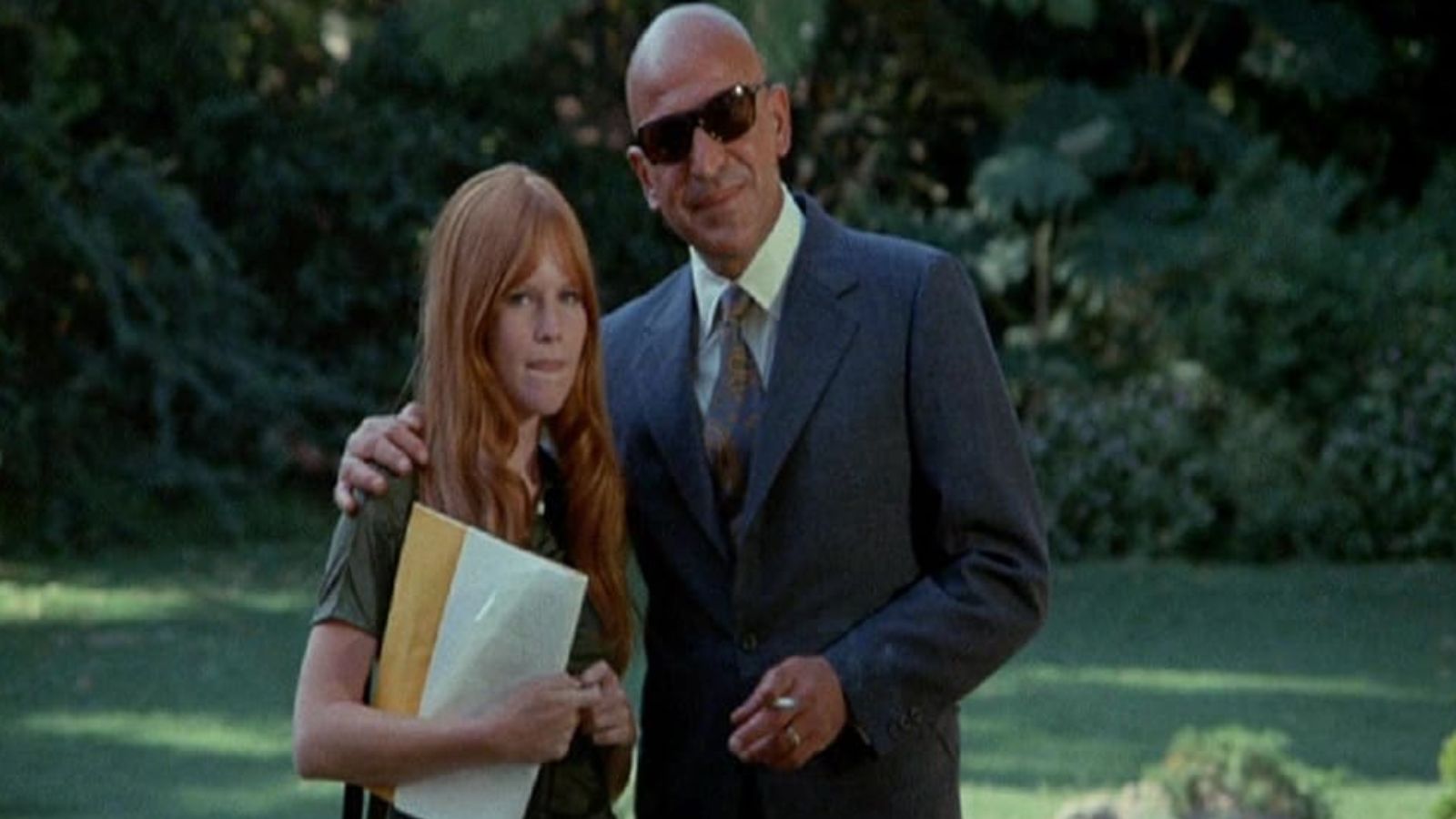
Pretty Maids All in a Row combines a high school setting, inappropriate relationships, and a serial killer subplot. Though it initially had promise, the film’s casual approach to serious issues like teacher-student relationships would not be acceptable in a modern context, reflecting a shift towards more responsible and respectful storytelling.
I Now Pronounce You Chuck & Larry
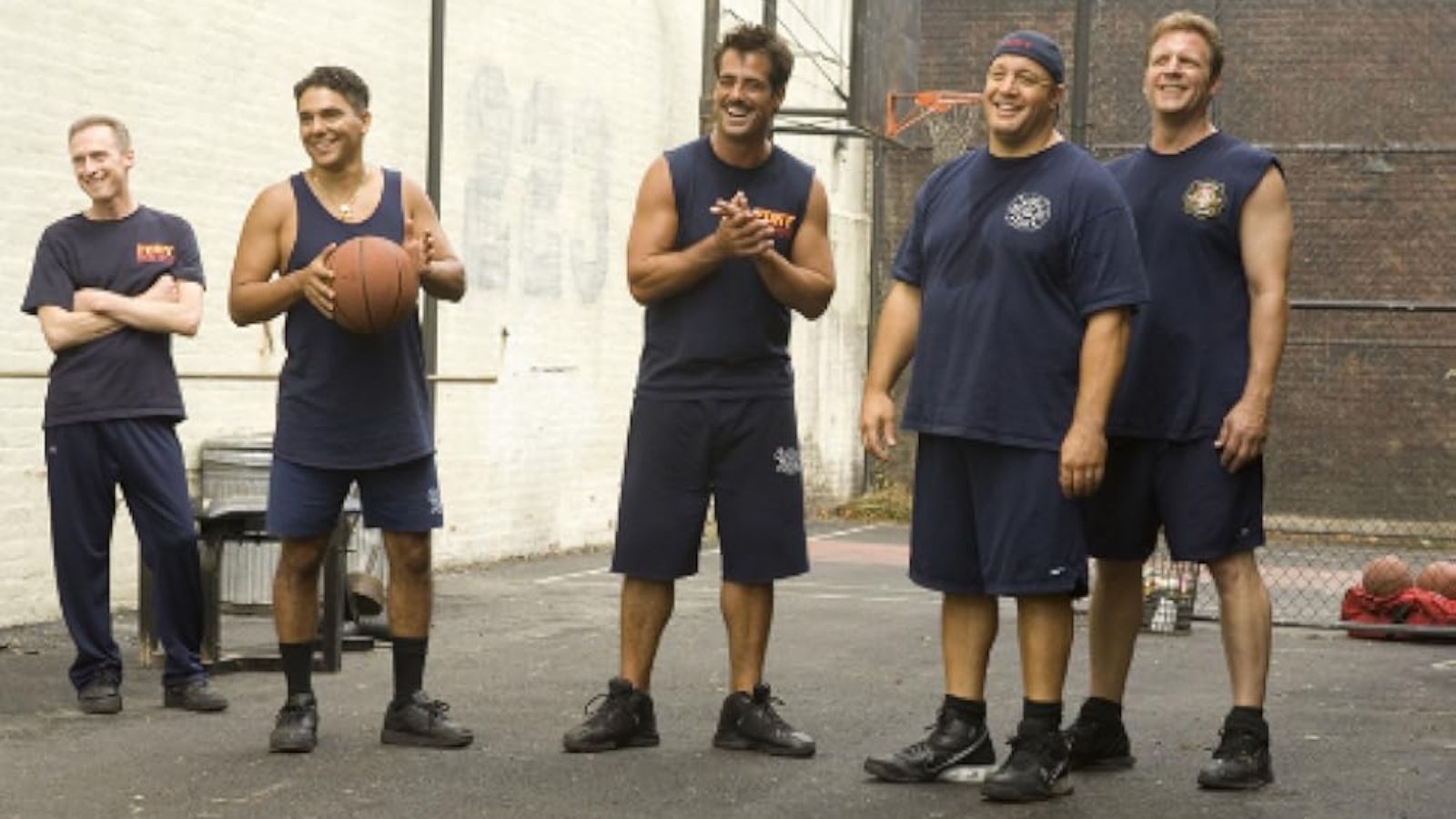
Like many comedies of its time, I Now Pronounce You Chuck & Larry relies heavily on stereotypes about LGBTQ+ identities for humor. Contemporary audiences expect more sensitive and inclusive representations, making the film’s approach to same-sex marriage and gay culture outdated and offensive.
White Chicks
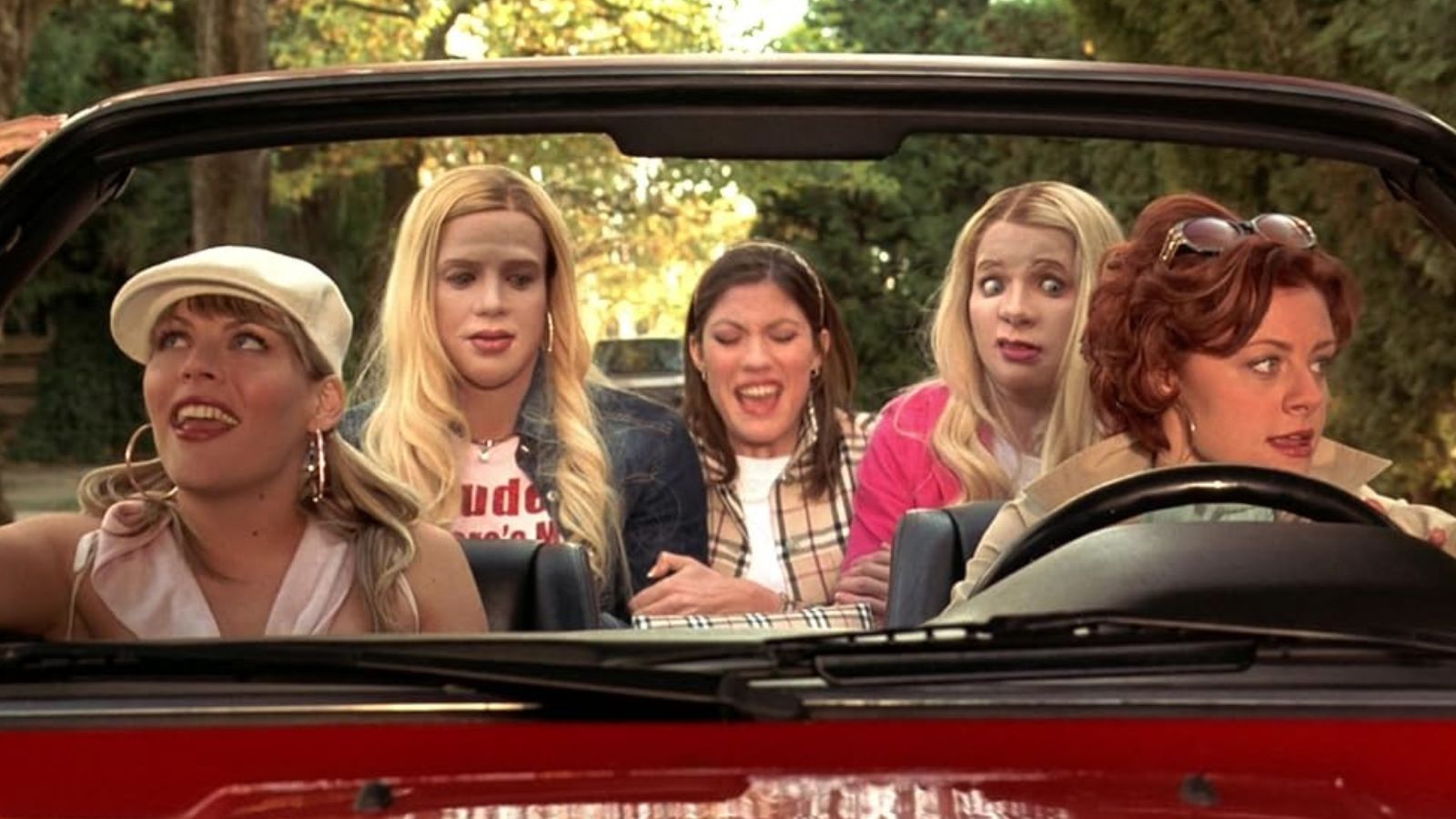
White Chicks features two Black FBI agents disguising themselves as white women, leading to numerous racial and gender stereotypes. The film’s reliance on exaggerated portrayals for comedic effect would not align with today’s emphasis on diversity and sensitivity in media.
Airplane!

While Airplane! is celebrated for its absurdist humor, some of its jokes and portrayals of minority groups would be considered offensive today. This irreverent style often crosses lines that modern comedies are more careful to navigate, reflecting changes in societal norms and expectations.
Gigli
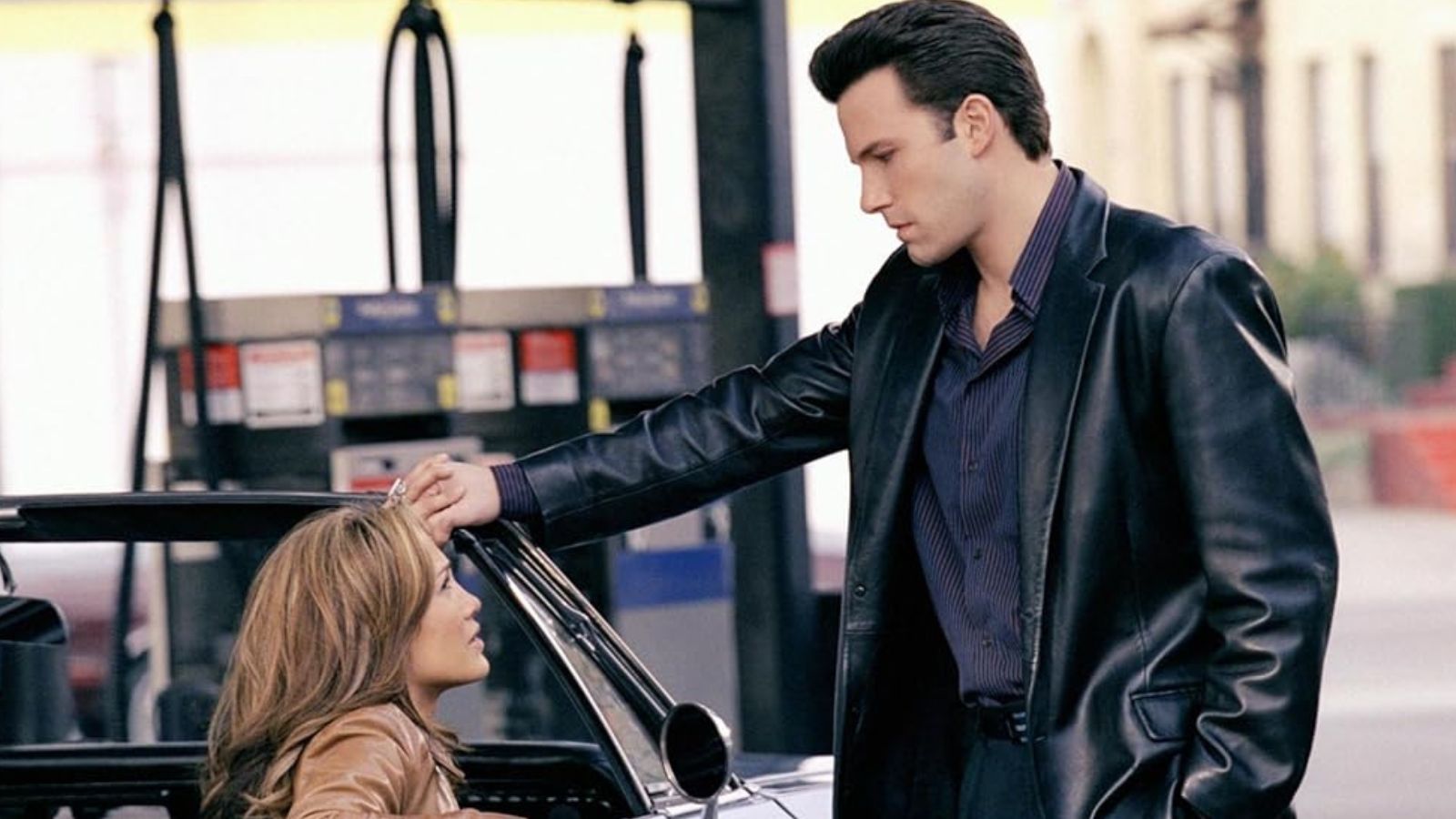
Gigli, infamous for its poor reception, includes problematic elements such as the portrayal of a lesbian character who becomes romantically involved with a man. Often seen as invalidating LGBTQ+ identities, this trope would be criticized today for its lack of sensitivity and understanding of sexual orientation.
